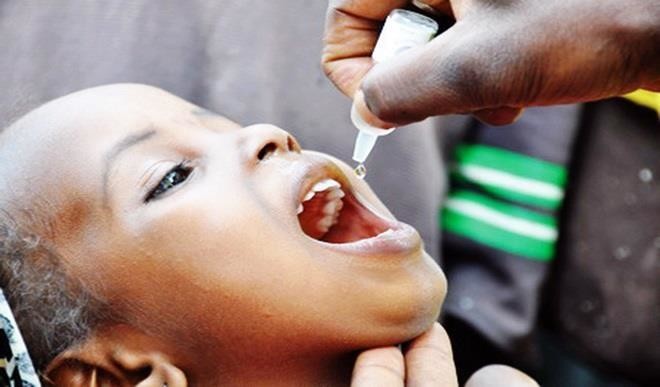An eight-year project to support immunisation governance in Nigeria with funding from the European Union has ended.
The project, named European Union Support to Immunisation Governance in Nigeria (EU-SIGN) and estimated at €63.5 million given by the EU, was implemented across 23 states by the National Primary Health Care Development Agency (NPHCDA).
The project helped enhance logistics for immunisation. While it lasted, the capacity of 1,036 health workers and managers for routine immunisation; supported polio eradication activities.
The project also helped NPHCDA expand vaccine cold chain and storage capacity with 757 solar direct-drive solar refrigerators, 46 new and renovated cold stores and health facilities, and 29 four-wheel-drive vehicles.
The project was embedded in the NPHCDA, responsible for coordinating primary health care.
Public officials implemented the project to ensure sustainability and accountability within government, so workers can continue to implement strategies after EU support ends.
“There are cold chain and cold room infrastructure and equipment that were built and installed several years ago that are still working and being maintained by government workers,” said NPHCDA executive director, Faisal Shuaib.
“These are long term institutional strengthening initiatives that the EU has built, particularly through EU-SIGN.”
EU-SIGN national team leader, Yisa Ibrahim, said the project’s use of existing government structures and systems “demonstrates that with good leadership and accountability, government business can be conducted efficiently and effectively to achieve the desired results.”
EU-SIGN was to consolidate gains and success of two previous projects funded by the EU—one from 2002 to 2009 to reinforce immunisation efficiency (EU-PRIME); the other from 2007 to 2011 to strengthen routine immunisation in Kano.
Between 2002 and 2019, the EU has exceeded €200 million in health sector development investments in Nigeria.
“Unfortunately, more than 200,000 children die annually due to diseases that can be prevented through vaccination,” says head of cooperation of the EU delegation to Nigeria and ECOWAS, Kurt Cornelis, while justifying increase investment in the health sector.
“Through our support in the health sector, we contribute to improving health systems which help Nigeria improve its performance to reach some of the targets of the Sustainable Development Goals which are important to the 2030 sustainable development agenda.”
The NPHCDA is to host national end-of-project seminar on August 22, to share the implementation experience, including good practices and lessons with stakeholders in the Nigeria development sector.

 Join Daily Trust WhatsApp Community For Quick Access To News and Happenings Around You.
Join Daily Trust WhatsApp Community For Quick Access To News and Happenings Around You.


